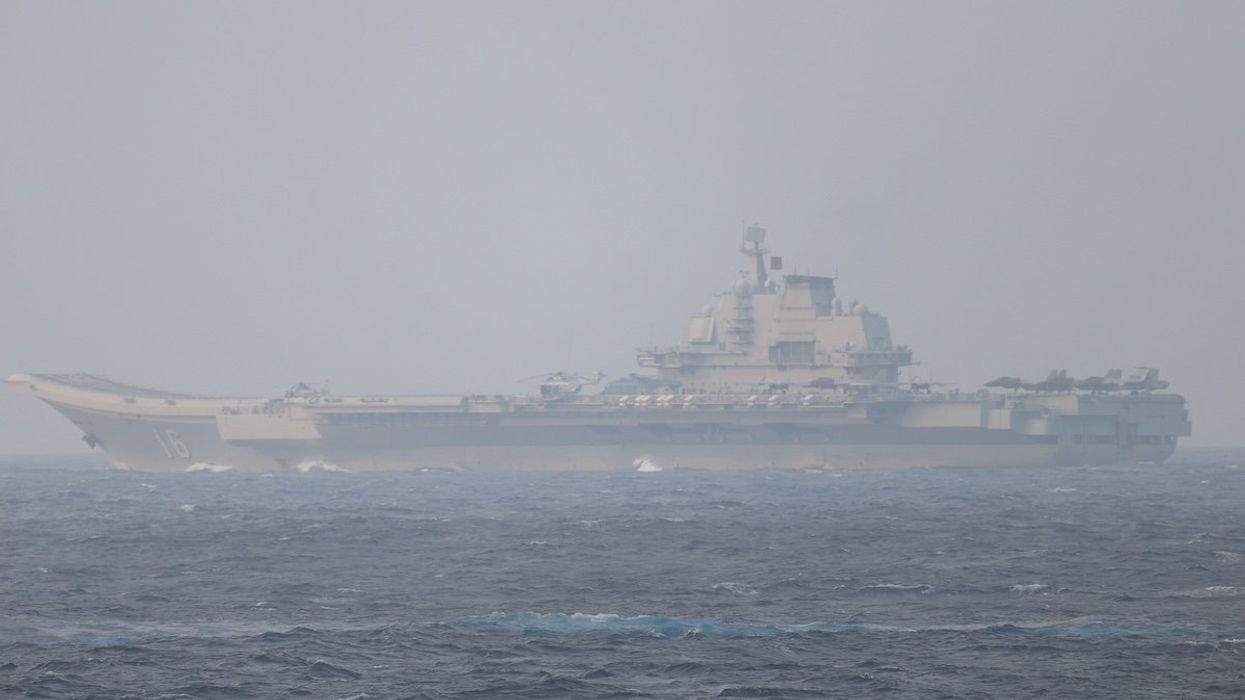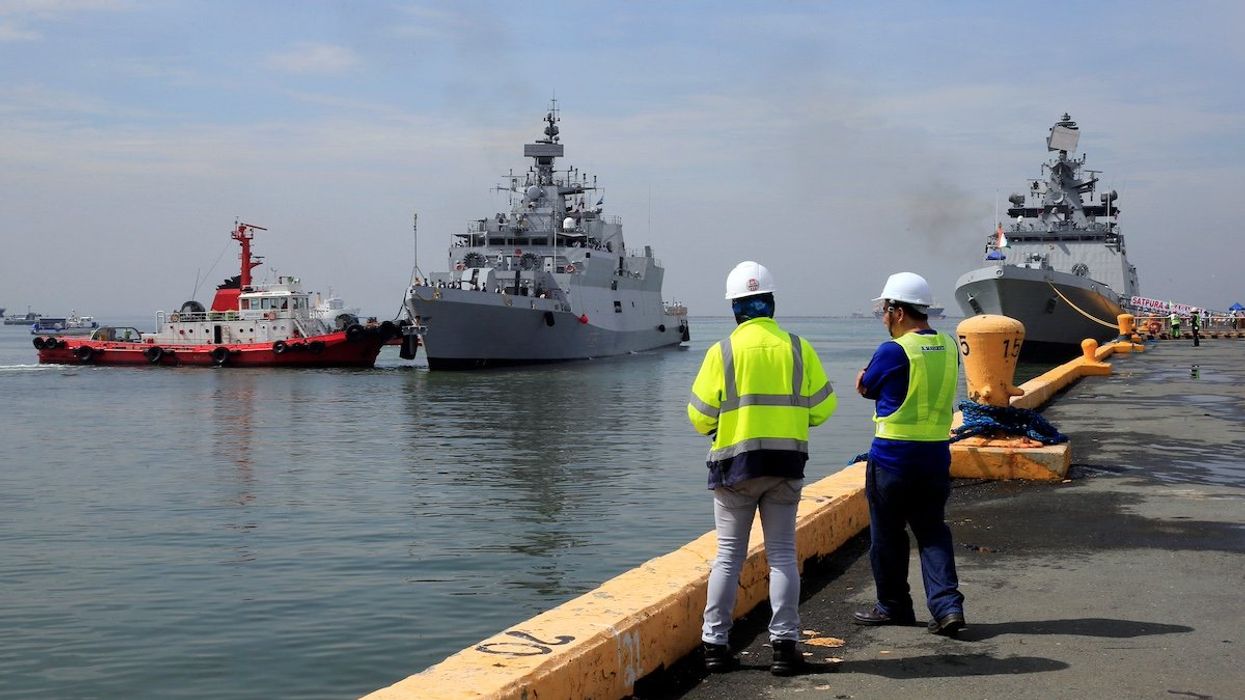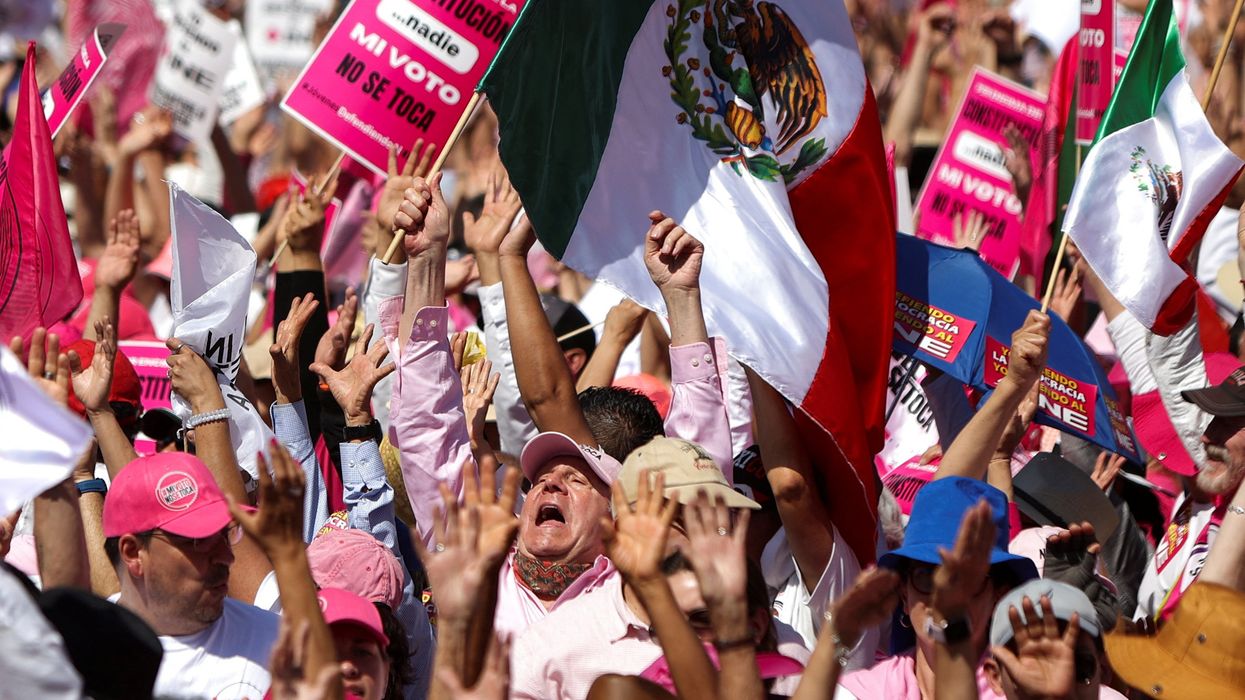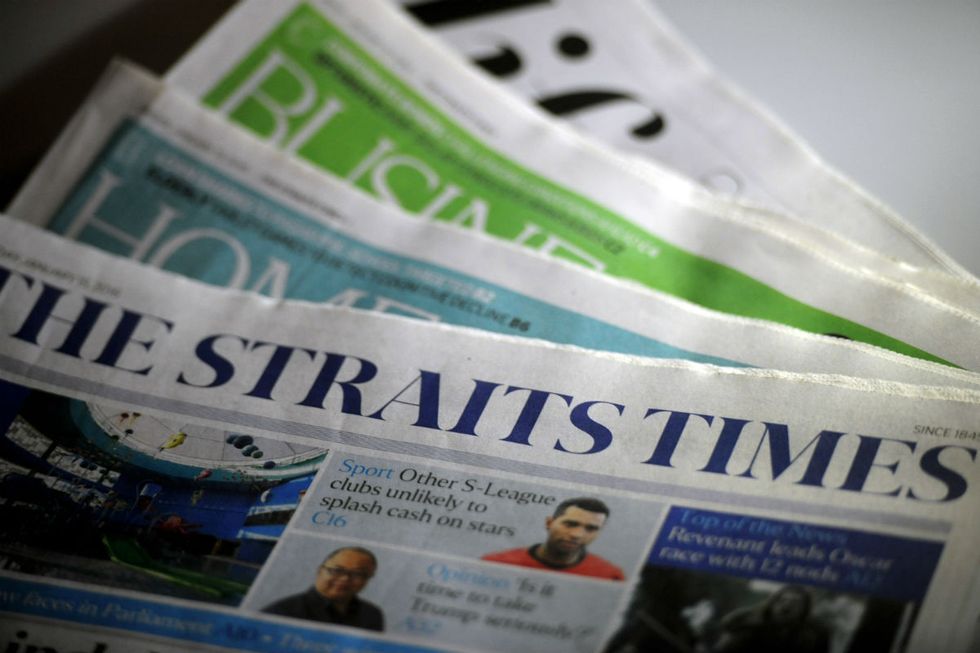What We're Watching
Japan tells China to cool it with maritime incursions
Tokyo has shared “serious concerns” with Beijing after a Chinese aircraft carrier traversed a section of the sea within Japan’s contiguous waters for the first time on Wednesday.
Sep 18, 2024




